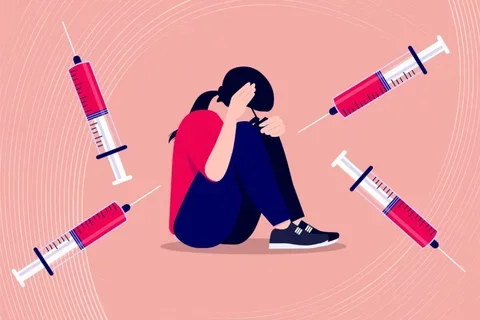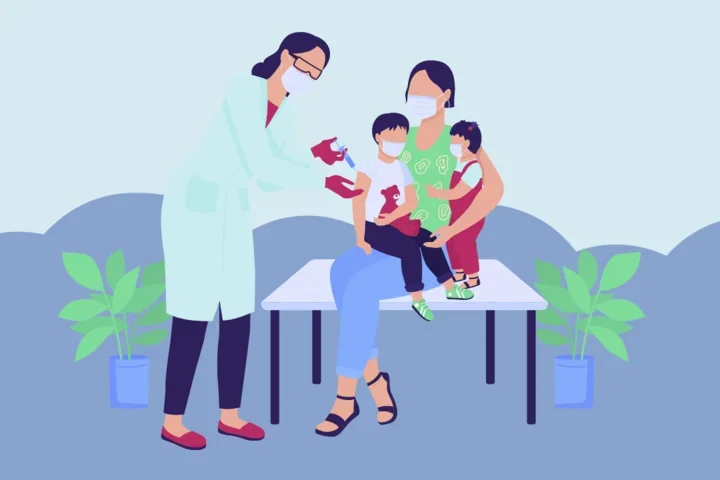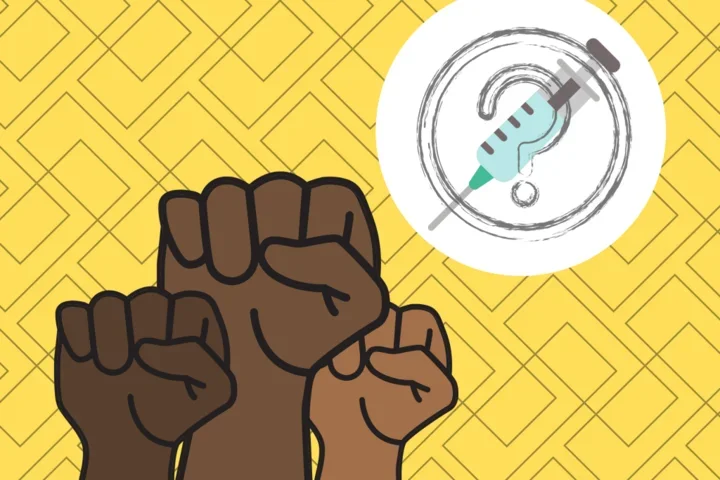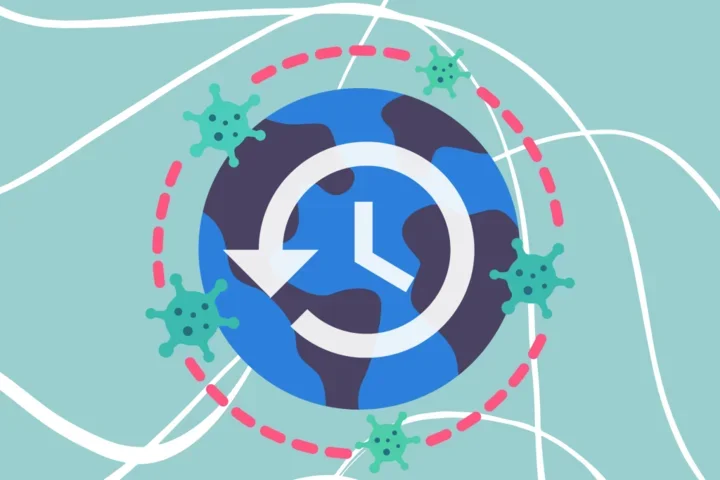Blog Post #1: Talking About Vaccine Hesitancy

Talking about Vaccine Hesitancy
OPINION: Talking about Vaccine Hesitancy
By Asal Bastani
As more and more people become eligible to get the COVID-19 vaccine, not everyone is so thrilled at the thought of being vaccinated. People who are “on the fence” about vaccination are what we call “vaccine hesitant.” Vaccine hesitancy can stem from a multitude of sources, such as: (1) false information about the vaccine; (2) fear of the side effects, and; (3) a lack of understanding about the importance of getting the vaccine. In this article, we are going to go over how to talk to a friend who is vaccine hesitant about the importance of becoming
vaccinated.
-
Know why getting vaccinated is important
The more people who are vaccinated, the fewer people the virus can infect. This is known as herd immunity – when a large enough portion of the population is vaccinated, the spread of the virus from person to person becomes unlikely. Thus, herd immunity can also protect those who are unable to get the vaccine due to religious or medical reasons. Herd immunity also minimizes the breeding ground for the virus to mutate into new strands.
-
Realize their Autonomy
Ultimately, becoming vaccinated is a personal choice that cannot be forced upon anyone. If the person you are approaching simply seems hesitant about getting the vaccine, this is where you can help them become more educated and comfortable with becoming vaccinated.
-
Actively listen with an open mind
Do not try to argue, this will create a clear “me against you” situation where it might not seem to them that you are trying to help. Instead, try to understand where they are coming from and validate their concerns.This will help them become more comfortable as you dive into this difficult conversation.
-
Be an educator
If their fears come from what you believe to the spread of false information, educate them on the facts. Ultimately, all you can do is offer knowledge and support, it is up to the recipient to believe the facts or not. Again, recognize their autonomy.
-
Offer your support and encouragement
Hopefully by now, your friend is convinced that the vaccine is safe and is willing to get vaccinated. And if not, that is also okay! It’s important to bear in mind that their beliefs that have led to their hesitancy might be deep-rooted and this may become a conversation to have over time as they become accustomed to becoming vaccinated and its benefits.
If they are convinced (yay!), they’ll still need your help! If you can, go with them to the vaccine site to offer your show of support or help them make the appointment. If a friend knows about their commitment to get vaccinated, they might feel more obligated, and more importantly, supported in getting vaccinated.
For more information, please see our Questions Page to view common questions & answers regarding the COVID-19 vaccine.
Good luck!
Blogger: Asal Bastani
Asal Bastani is a third year at UCLA studying physiology with a minor in professional writing. She aspires to become a physician-advocate in the future to help create more equitable healthcare in marginalized commun



